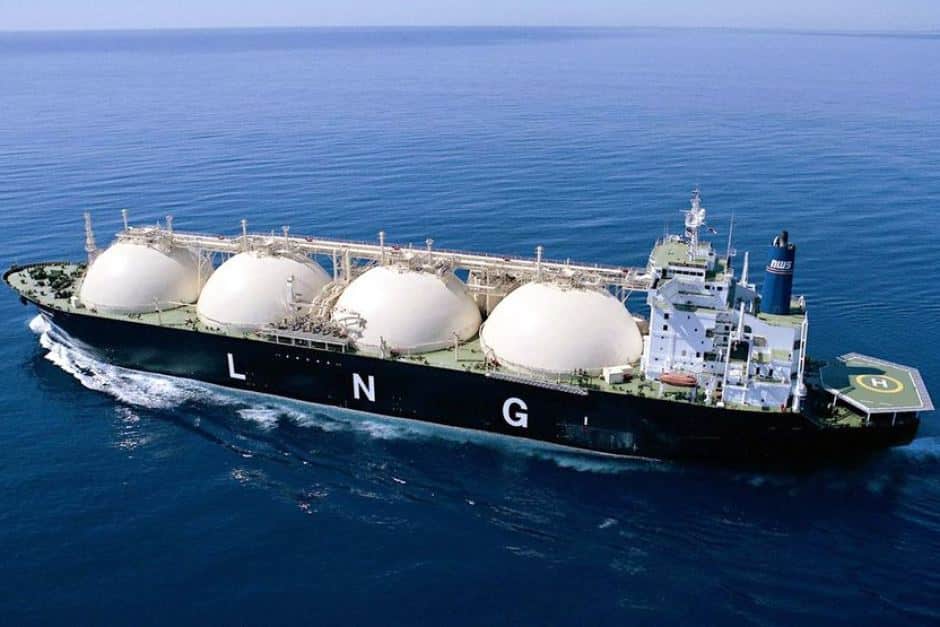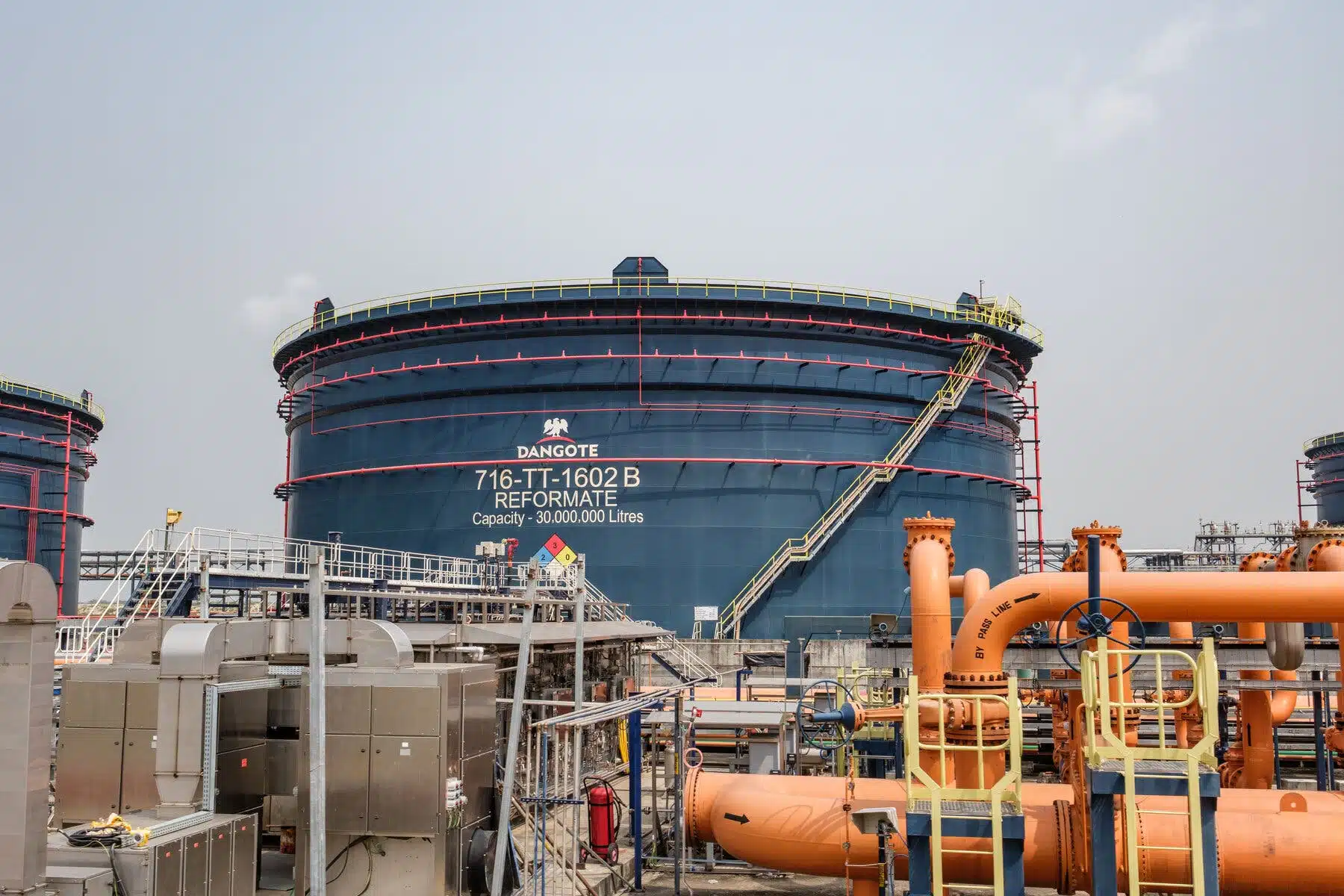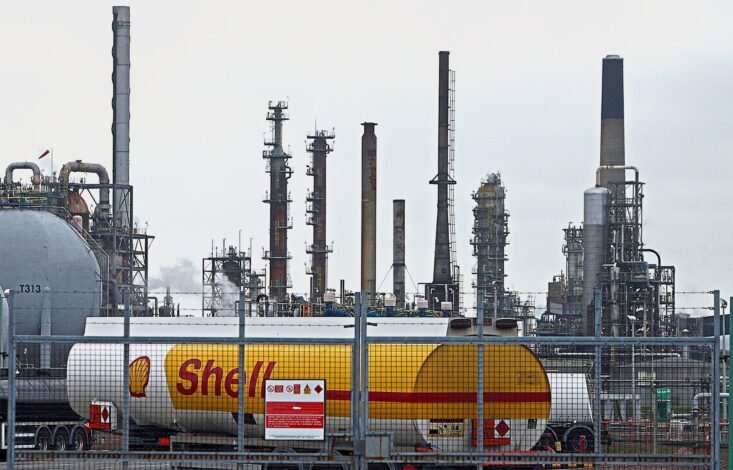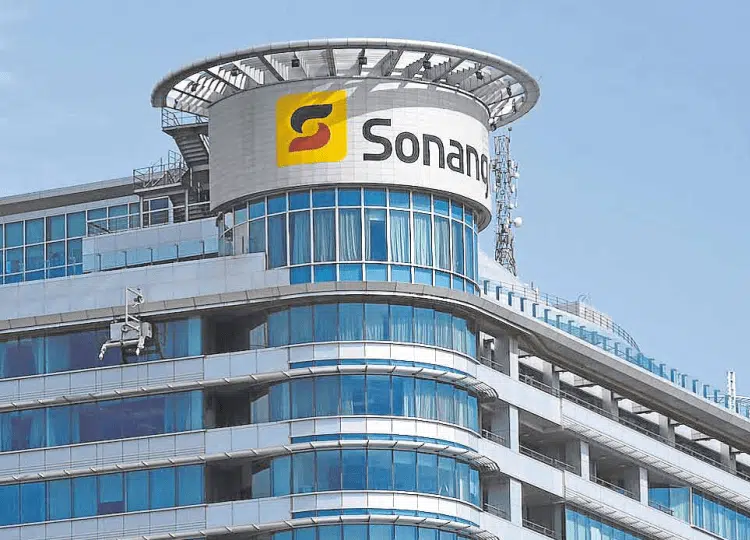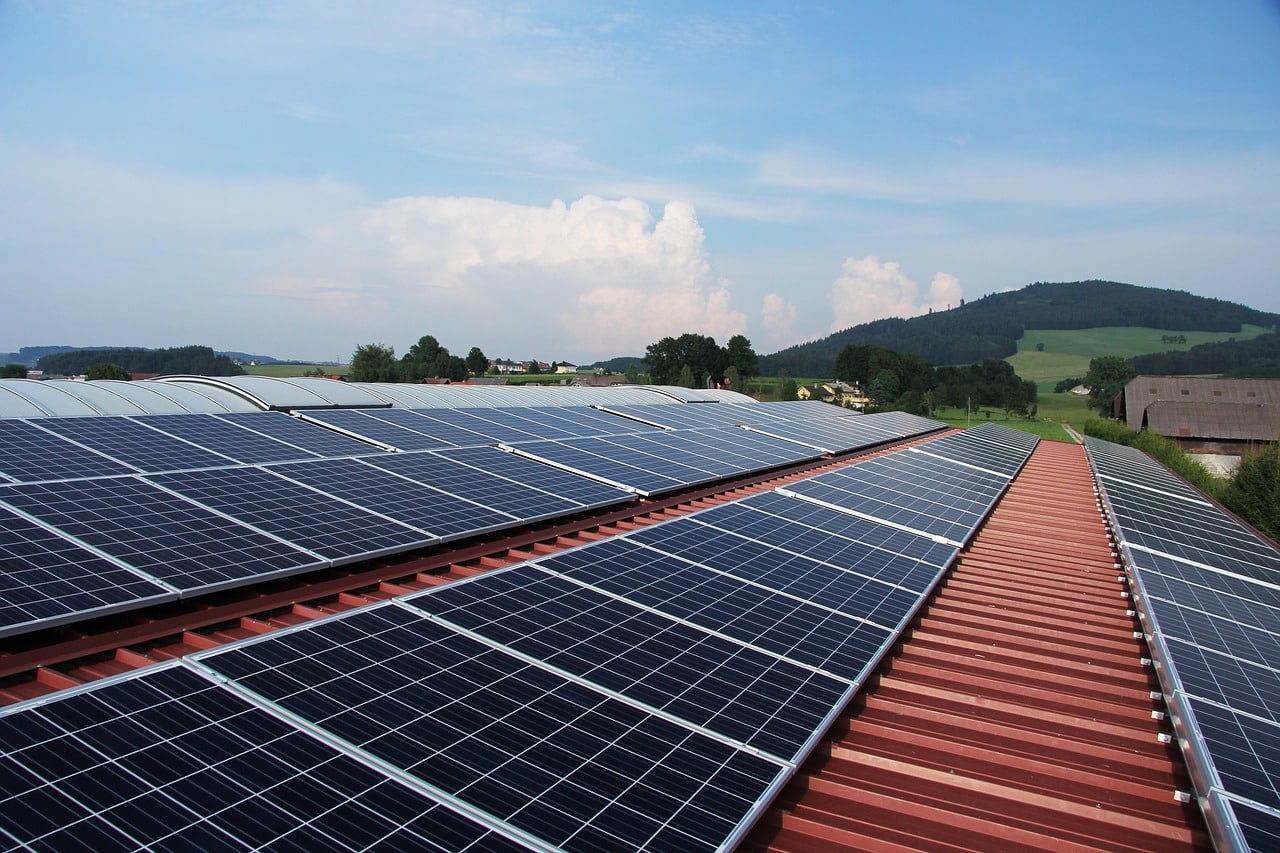Senegal has declared a bold plan to end the importation of gas next year, as it moves closers to energy security.
Ousmane Sonko, Senegal’s Prime Minister, made the announcement during a press conference in Dakar, stating that the country aims to power its electricity plants exclusively with locally produced gas to achieve substantial savings and lower electricity costs.
Sonko explained that this move will drastically cut dependence on foreign supplies, saving approximately CFA140 billion ($249 billion) annually.
“Starting in 2026, Senegalese gas will power our power plants. We will thus drastically reduce our dependence on imports and save around CFA140 billion per year,” said Ousmane Sonko.
According to him, the decision capitalizes on major fields like Grand Tortue Ahmeyim (GTA), shared with Mauritania, and Sangomar, where commercial production is stated to commence by late 2025.
The GTA field, operated by BP, holds estimated reserves of 15 trillion cubic feet.
Sangomar, led by Woodside Energy, is targeting an initial output of 100,000 barrels of oil per day along with associated gas.
In addition, the Grand Tortue Ahmeyim (GTA) project, one of Africa’s largest natural gas fields, and the Sangomar oil fields projects are expected to reduce petroleum imports.
The fields will also create new business opportunities for the local private sector.
Energy experts from Financial Afrik say that these developments position Senegal to transition from importer to self-sufficient producer, enhancing control over its energy supply chain.
Economic benefits
Sonko further explained that ending imports will alleviate the state’s energy bill, burdened by subsidies to maintain affordable prices.
Consequently, electricity generation costs could decline, potentially translating to lower tariffs for households and industries.
Although challenges remain, including infrastructure upgrades and equitable revenue distribution.
A recent report in the West African country indicates that import growth will accelerate after 2026 due to rising domestic demand, though gas self-sufficiency may mitigate risks related to refined petroleum products.
Sonko’s administration incorporates this into a recovery plan focused on domestic funding for hydrocarbons.
The recovery plan is designed to be 90% financed by domestic resources; the plan prioritizes energy, infrastructure and industrial projects.

